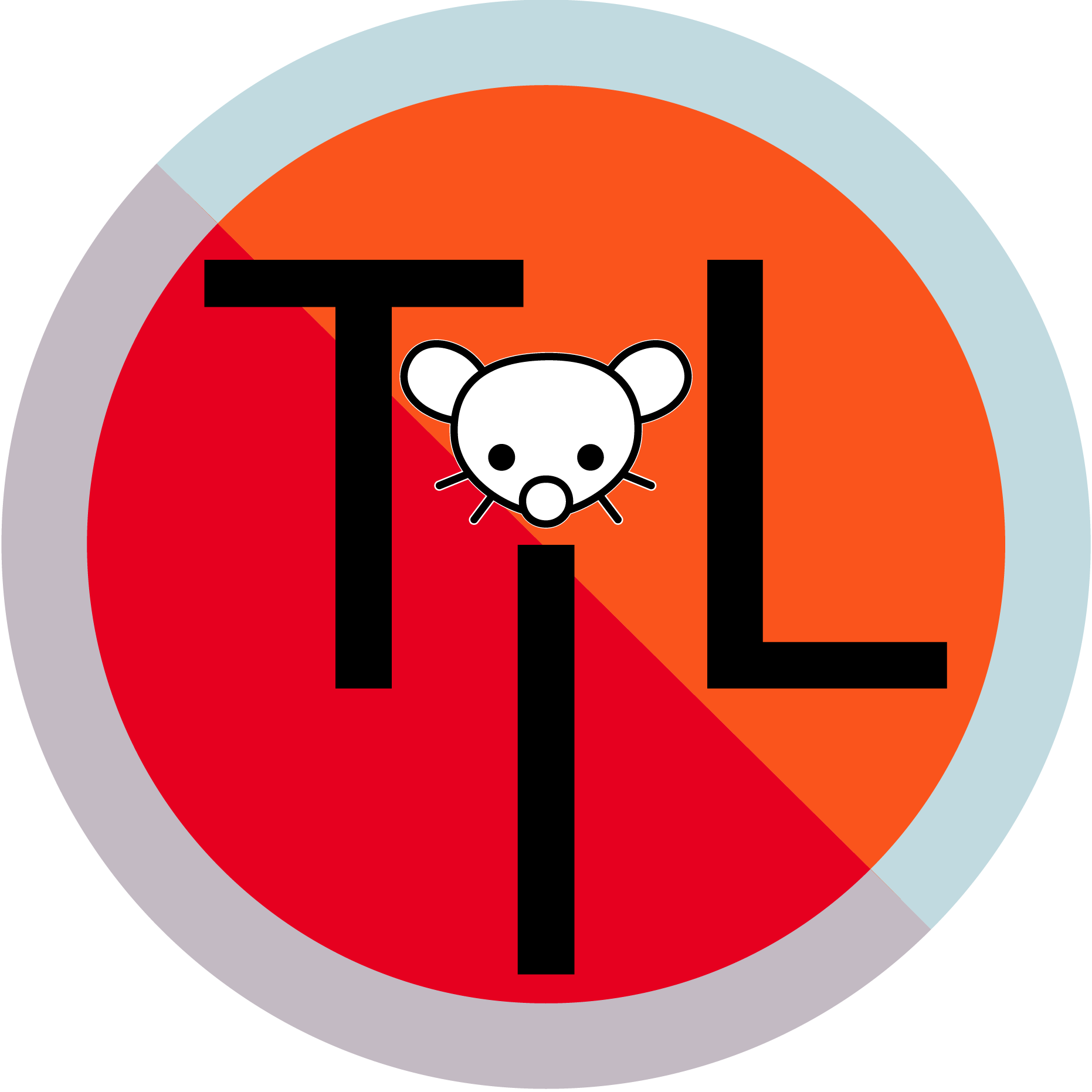While most eggs are considered unsafe to eat when raw, there’s a scientifically interesting reason eggs are generally safe to eat raw in Japan.
Just mind boggling that any “first world” country would allow and normalize salmonella in chicken populations and eggs.
Deal with the salmonella at poultry farms so that contaminated products don’t reach store shelves and homes.
With that being said, the Japanese method seems very cool.
202nd Ferengi Rule of Acquisition - The justification for profit is profit.
Profit is the driving force behind commercial chicken farming operations. Publicly traded companies prioritize generating profits and cutting costs. If regulations limit their profits, they’ll find ways to influence the regulatory bodies and create loopholes. Salmonella is normalized due to the pursuit of profit over consumer safety.
That’s a straight up better method, and I’m not sure controlling salmonella is even the primary purpose of this machine. According to their source the spectroscopic analysis (read: shining a light on it) is to find bloodspots, because eggs with bloodspots are considered inedible in Japan.
Ok, but the main reason I don’t eat raw eggs is because they’re not very appetizing.
Japan also has flavored eggs. The hens are fed a very specific diet to make their eggs smell and taste fruitier.
Source: https://japantoday.com/category/features/food/japan-has-eggs-that-smell-and-taste-like-yuzu-citrus-fruit-and-theyre-amazingNow I want magic eggs for breakfast burritos. 🤤
Usually it’s mixed into rice, you’re not eating a straight up raw egg in one go
That’s not much better, imo. Then again, I don’t particularly like eggs.
Part of this is that, unlike in the USA, the rest of the world does not allow chickens to shit on the eggs, they do not have to be washed and the shell is not damaged, allowing them to be stored without refrigeration. Washed eggs have compromised shells and must be kept cold.
source: I’m european from the countryside
I grew up in the country side and chicken eggs come straight out of the coop with shit on em often enough.
true, but I mean that the nests in Europe must be conditioned so that feces do not fall on top of the eggs, unlike in the USA
The rest of the world still suggests that you wash the eggs before use, as there can still be bacteria or other things on the shell that you don’t want inside the egg.
Immediately before using, not days or weeks prior when packaged.
Wish I could brag about my country having a “super egg machine” :(
Actually, the main reason they are safe to eat if you compare them to the US is because chickens in Japan are vaccinated against salmonella. This is more of a quality check and likely not used extensively everywhere, especially on smaller farms or those who personally keep chickens.
Most eggs sold in American stores are pasteurized. It is most likely fine to eat raw eggs bought in America as well. You just need to avoid the unpasteurized ones which I have never seen sold in stores. I’m not saying they aren’t, I just don’t see them.
That is nice, but it is not the main reason for safer eggs in Japan compared to the States. The biggest difference is that eggs in Japan are usually not refrigerated either in transit, or the store, or even at home. There are a number of benefits from not refrigerating your eggs. They have longer shelf life. They never “sweat” on the outside of the shell, resulting in an environment for bacteria growth. They don’t take up space in your small Japanese fridge. But, if you buy eggs that are already refrigerated, you need to keep them refrigerated.
Commercial eggs in America must be refrigerated because the chickens are kept in unhealthy unsanitary conditions. The eggs are filthy and contaminated with salmonella (and other fatal bacteria), thus they must be washed to remove the salmonella. Washing the eggs removes a trans-membrane that normally protects the egg. As such the washed eggs must be refrigerated.
I have a small chicken farming operation (for our homestead) and we don’t need to refrigerate our eggs because they don’t need to be washed/refrigerated - our coop is properly cleaned and eggs are collected multiple times a day to ensure they stay clean.
Eggs are refrigerated in Japan all the time (edit: as I regularly not literally 109% of the time; bad word choice on my part). Source: years living in Japan and every supermarket I go to. There are always for more refrigerated than not.
I think (at least some) are refrigerated in route to stores during distribution, but I’m not sure on any numbers here
I’ve lived here for over a decade and I’ve seen them not refrigerated more often than not. But, it could also be where we tend to shop.
This is very true. I’m mostly shopping in Tokyo supermarkets.
You just made me realize how eggs are never refrigerated when I buy them yet I’ve always stored them in the fridge at home. I looked it up and it seems it’s fine to not refrigerate them as long as they aren’t exposed to a lot of temperature variation since that could crack the shell.
-
Prior to the ‘machine’, Japan refrigerated is eggs. I’m not sure about after the machine, but websites from 2015 and 2021 still say that they do. It would seem that they either still do or should, as the machine still washes the eggs, but I’m not in Japan and can’t say either way.
-
Refrigerated eggs have a shelf life of 3-5 weeks, while non refrigerated eggs are at 2 weeks.
Refrigerated eggs have a shelf life of 3-5 weeks, while non refrigerated eggs are at 2 weeks.
I don’t know in other countries but in France eggs have an expiration date of 4 weeks after laying, not 2.
(they are not refrigerated and not washed.)
-
All I can think of is https://i.gifer.com/5zqh.gif
You can get pasteurized eggs, which will kill off bacteria in the egg. Does slightly affect consistency, though, so depends on what you’re using it for.
“Super egg machine” Metal gear is wildin’ recently













